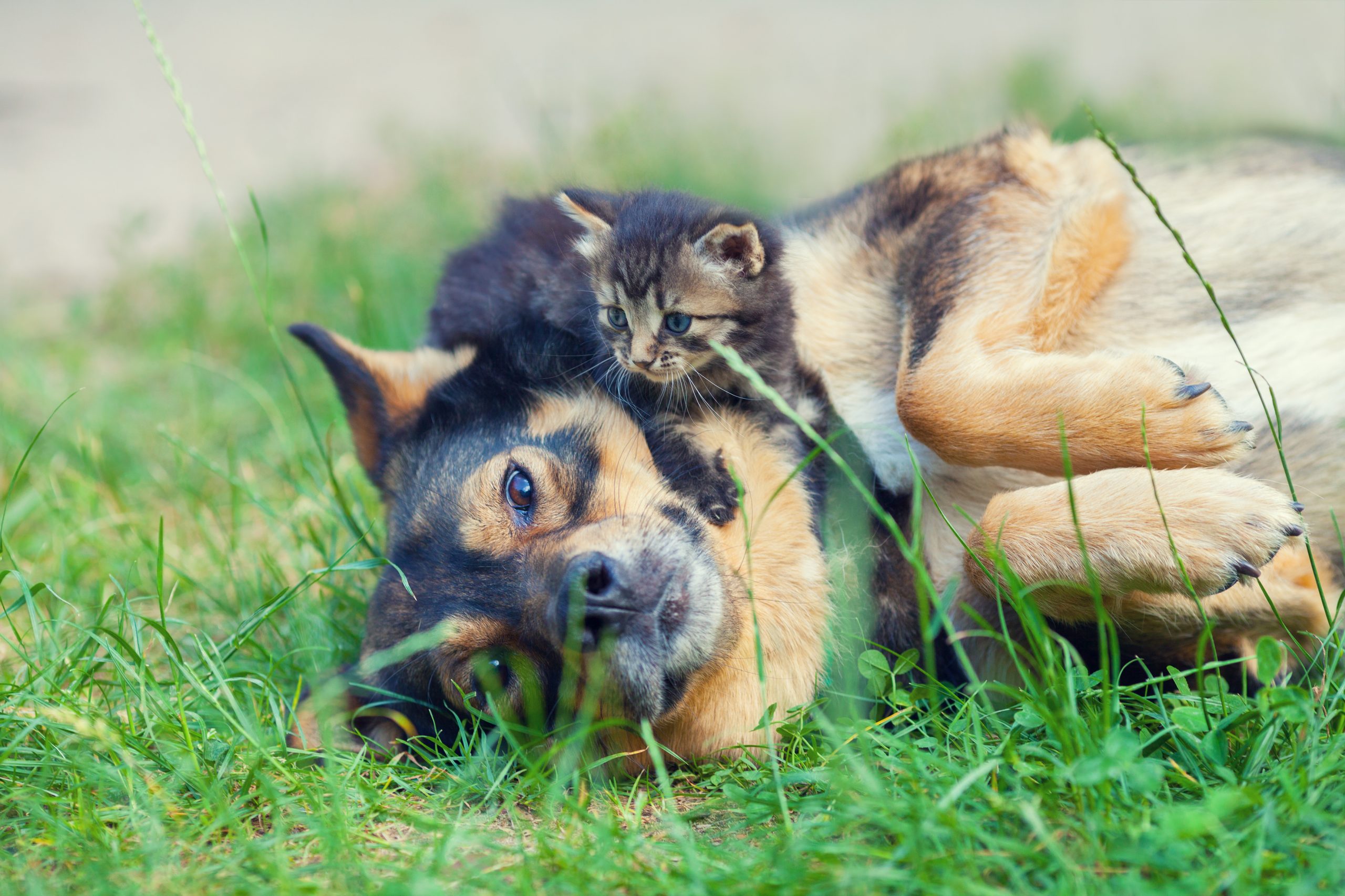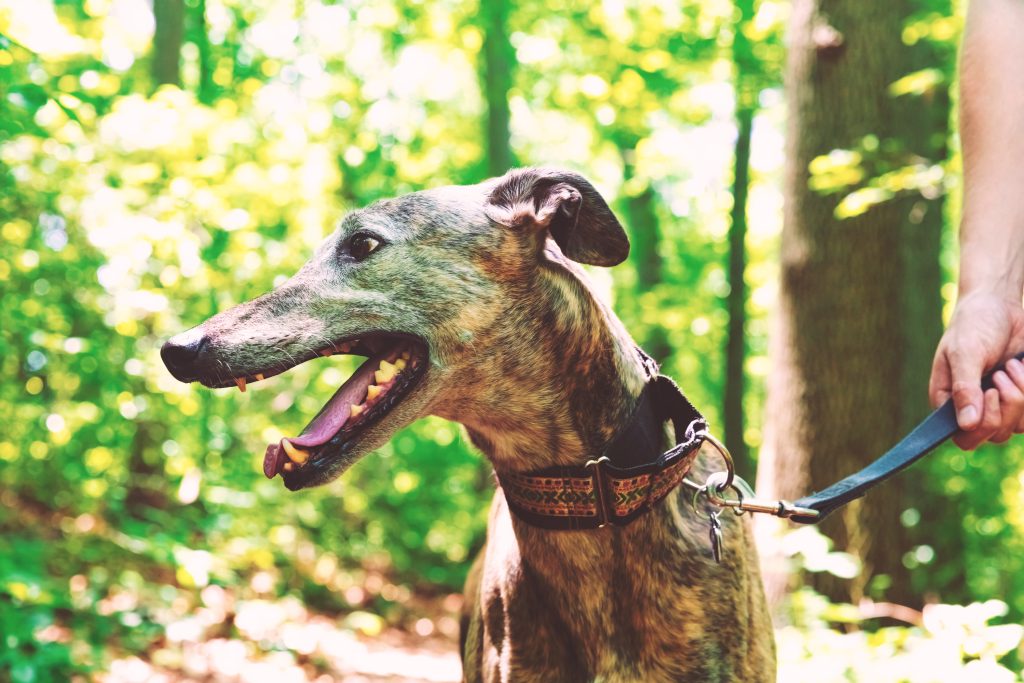Introduction to Puppy Training
Welcoming a new puppy into your home can be an exciting and overwhelming experience. One of the most important aspects of raising a well-behaved dog is training them properly from a young age. We’ll take a closer look at five tips for training your puppy that will set them up for success later in life.
The Importance of Consistency
One of the key components of successful puppy training is consistency. It’s essential to establish clear rules and boundaries from day one and stick to them. This includes things like feeding times, potty breaks, and exercise routines. Additionally, you should always use consistent language when giving commands and avoid using harsh punishments or negative reinforcement.
Tips for Housebreaking Your Puppy
Housebreaking your puppy is one of the first steps towards having a well-trained dog. Start by taking your pup outside frequently throughout the day, at least every hour. Whenever they go to the bathroom outside, praise them and give them treats as a reward. If they have an accident inside, don’t scold them but instead take them outside immediately and show them where they should go.
Teaching Basic Commands
Another crucial aspect of puppy training is teaching basic commands such as “sit,” “stay,” and “come.” Start with simple exercises like sitting before meals or coming when called. Use positive reinforcement techniques like clicker training or treat rewards to encourage good behavior. Remember to keep sessions short and fun so your puppy remains engaged and motivated.
Socialization and Exposure
Socializing your puppy early on is critical to their development. Expose them to different people, places, sounds, and experiences to help build their confidence and reduce anxiety. Take them on walks around the neighborhood, invite friends and family over to visit, and introduce them to other dogs slowly. Be cautious about exposing them to loud noises or crowded areas until they are fully vaccinated.
Frequently Asked Questions
Conclusion
Training your puppy may seem daunting at first, but with patience, consistency, and these five tips, you’ll be well on your way to having a well-mannered companion. Remember to stay positive and have fun along the way!


